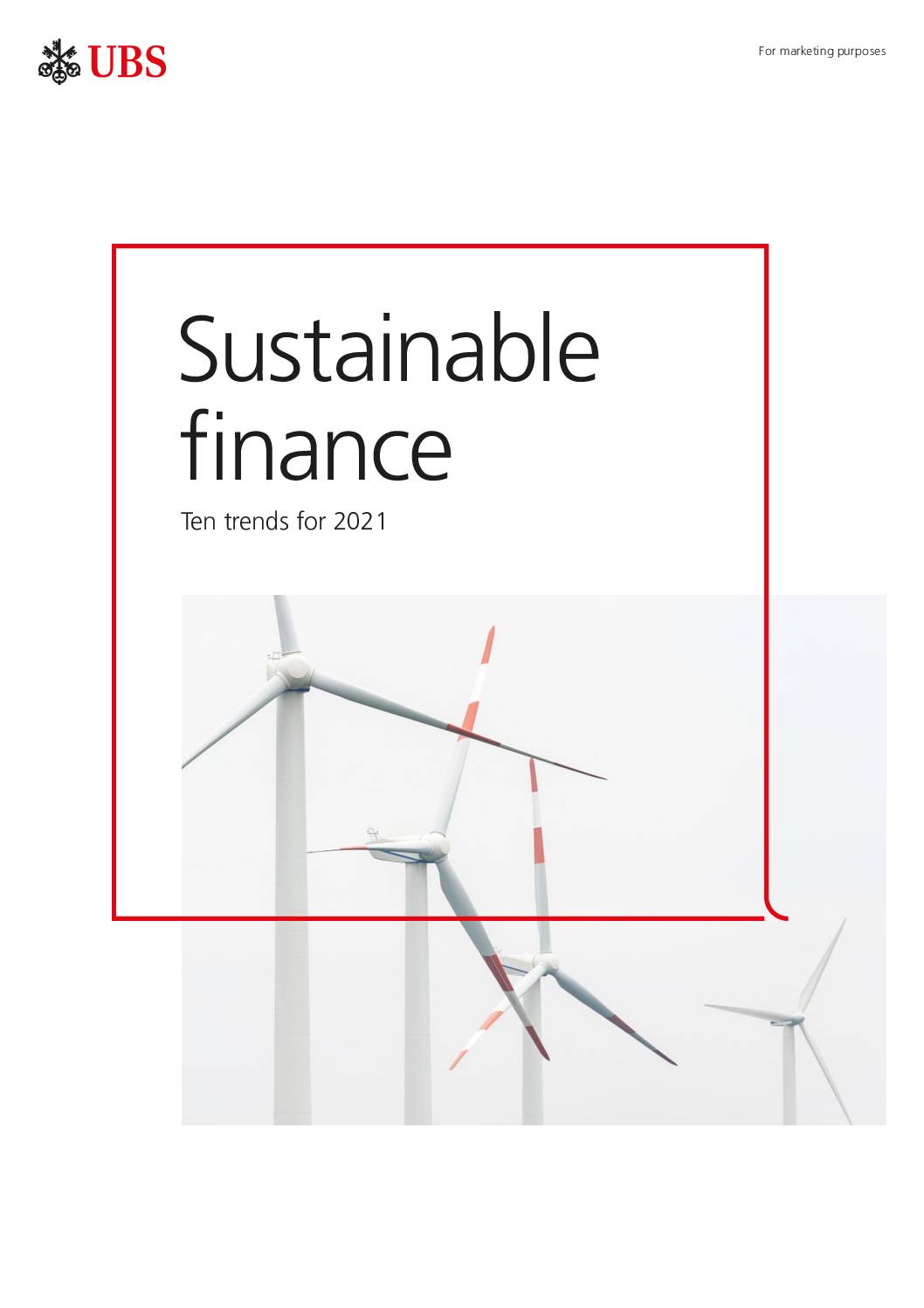UBS indicates that climate-stress testing will become a mainstream practice in 2021 and could drive systemic shifts in the cost of capital whereby capital is repriced for low-carbon companies reflecting lower climate-related and financial risks. 18 Central Banks will be performing climate-related stress tests across regional and global financial systems in 2021 to evaluate the readiness of financial institutions for a transition to a low-carbon economy. The oil price collapse of 2020 and rising risk of ‘stranded assets’ is one factor seen re-setting the paradigm for climate transition. The interaction of climate-science, public policy, economic and financial markets is becoming increasingly important to understand as institutional investors, rating agencies and index companies are developing analytical capabilities to understand the potential impact of climate change and strategic response to it.
Link to resource Download sourceShare this

Sector: Finance
Country / Region: Europe
Tags: agencies, climate change, drives, economic capital, economic cost, global climate, potential impacts of climate change, risks, SMARTER, stranded assets, sustainable economiesIn 5 user collections: Green Home Investment Platform – Industry Regulators , Green Home Investment Platform – National Regulators , Green Home Investment Platform – Supranational Regulators , Green Home Investment Platform – Institutional Investors , Green Home Investment Platform – Banks
Knowledge Object: Web Resource
Publishing year: 2021
Author: UBS
